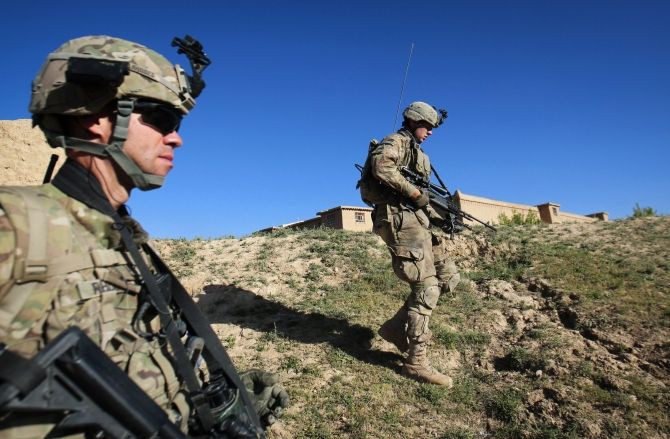Trophy Collecting Among Soldiers is Racially Motivated

The idea of a soldier keeping gruesome trophies may seem like a relic of the past, but it continues to this day. The soldiers do not commit these acts, not because of stress, but out of a hunter-like mentality.
Corpse mutilation and the keeping of trophies by soldiers were believed to be caused by the stress and rigors of war. The shock of war was believed to be the motivating factor for this grisly type of behavior. New studies are beginning to show that race, and not psychological disorders, was the motivator for trophy collecting among soldiers.
Soldiers participated in trophy collecting due to racism which allowed soldiers to clearly distinguish that who they were fighting against were different, according to a study led by Professor Simon Harrison, from the University of Ulster. Racial motivation and hunting imagery were underlying factors for trophy collecting, according to researchers.
Race was used as a distinction between how soldiers view enemy combatants. Racial difference affected emotional distance for soldiers. If soldiers were racially similar, chancers were the corpse would be untouched and that they “fought” their enemies whereas if an enemy soldier was racially different, there was more hunter imagery associated with the enemy and a higher likelihood for corpse mutilation.
During World War II, trophy collecting was common in battles fought in Japan but not during battles on European soil. Some allied soldiers collected Japanese skulls as spoils of war or used body parts as gifts for friends.
The hunter imagery fostered the concept of those being racially different as prey and making the enemy less human in the process, according to researchers. The symbolic human trophies were a way to display skill and success in conquest. While the idea of headhunters of collecting parts of the human body may seem like a thing of the past, the practice still occurs today.
There have been reports of corpse mutilation in Afghanistan, note researchers, while in a similar circumstance in the former Yugoslavia, there was no such mutilation. This was another example of how researchers believed racial distance affected trophy collecting behavior.
For trophy collectors, it is not a tradition. The shock of war plays a role in turning soldiers into hunters but after the war, the soldiers’ attitudes on trophy collecting change. The researchers highlight Allied soldiers donating human trophies to museums or reaching out to Japanese families to return the remains of a relative as examples of former trophy hunters who are trying to make peace with what they did during war.
By distinguishing enemies as nothing more than prey or even simple phrases like “hunt them down” or “flushing them out” affect a soldier’s mentality during war. Professor Harrison believes some example of trophy collecting will occur whenever there is war but there needs to be an understanding of the role of hunting imagery has on the psyche of soldiers.
The research was funded by the Economic and Social Research Council.



























